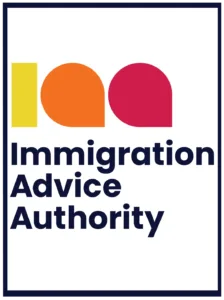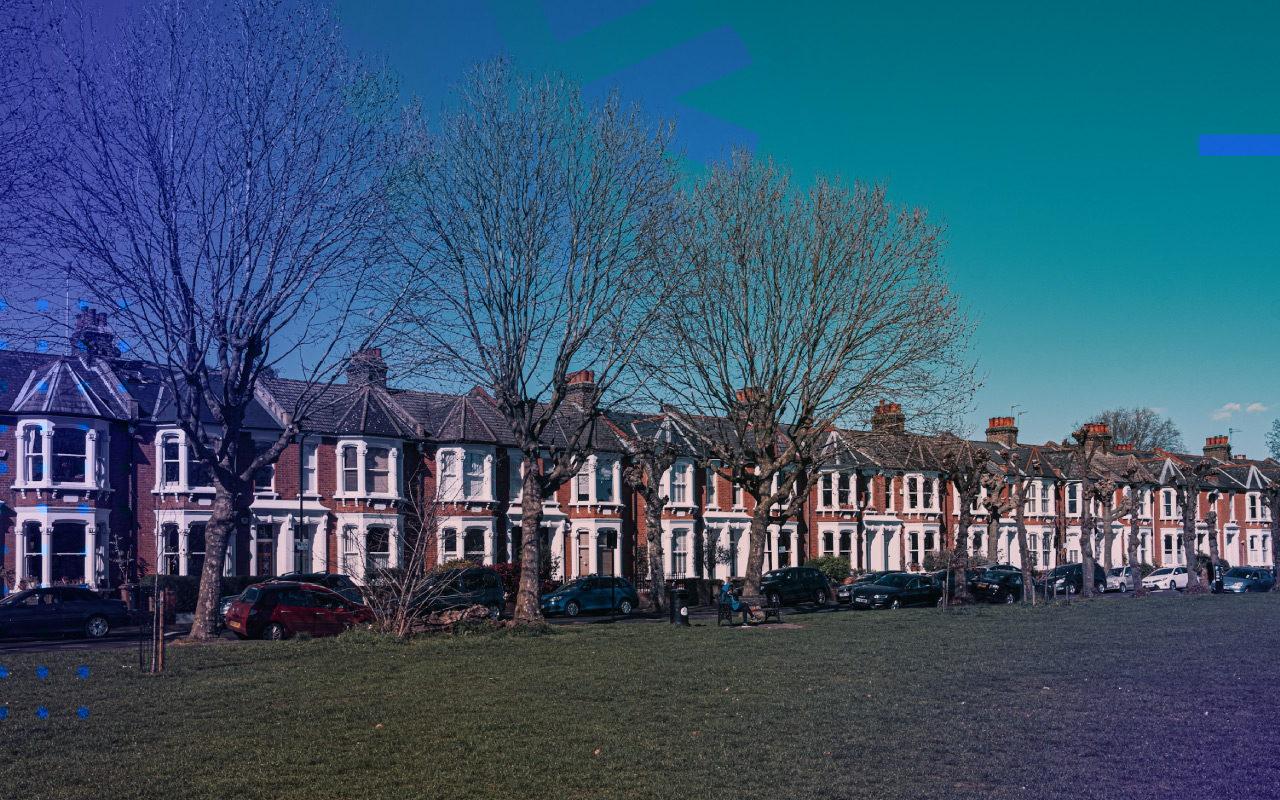The UK Ancestry Visa offers a unique and highly desirable pathway for Commonwealth citizens with a grandparent born in the UK. Far more flexible than many other immigration routes, it grants holders significant freedom to live, work, and embrace life in the United Kingdom. If you’re considering this journey, here’s what you can expect as you settle into your new life.
(Featured Image: Typical British terraced housing, Well Street Common, London. Photo by Samuel Regan-Asante on Unsplash)
Work Opportunities: Freedom to Thrive
One of the standout benefits of the UK Ancestry Visa is the unrestricted right to work. Unlike many other visa categories that tie you to a specific employer or job, the Ancestry Visa allows you immense flexibility:
Any Employment
You can work for any employer in any sector, full-time or part-time. There are no restrictions on the type of work you can undertake, from skilled professions to more entry-level positions.
Self-Employment and Business
For the entrepreneurial spirit, the Ancestry Visa is a fantastic option. You are free to establish your own business, work as a freelancer, or combine self-employment with a regular job without needing additional permissions.
No Sponsorship Required
This visa does not require sponsorship from an employer, which significantly simplifies the job search and application process.
While you are required to have the intention to work when applying for the visa, you don’t need a job offer secured beforehand. This flexibility empowers you to find a role that truly suits your skills and aspirations once you’ve arrived.
Image: 20 Fenchurch Street (‘The Walkie-Talkie’), 122 Leadenhall Street (‘the Leadenhall Building’), 30 St Mary Axe (‘The Gherkin’), and The Tower of London feature prominently in a nighttime shot of the City of London. Photo by Gordon Williams on Unsplash.
Healthcare: Accessing the NHS
The UK boasts a comprehensive public healthcare system, the National Health Service (NHS), which provides medical care to residents. As an Ancestry Visa holder, you will gain access to these services, but it’s crucial to understand the Immigration Health Surcharge (IHS).
Immigration Health Surcharge (IHS)
When you apply for your UK Ancestry Visa (and any subsequent extensions), you will be required to pay the IHS upfront for the entire duration of your visa. This surcharge is a mandatory contribution to the NHS and your payment will cover the full 5 years of your Ancestry visa.
Access to Services
Once the IHS is paid and your visa is granted, you will be entitled to free NHS hospital treatment in England on a similar basis to an ordinarily resident person. This includes registering with a General Practitioner (GP) for routine appointments, emergency care at Accident & Emergency (A&E) departments, and treatment for most medical conditions.
Prescriptions and Dental Care
Be aware that while core NHS services are covered, you will typically need to pay for certain services such as prescriptions (unless exempt), dental treatment, and eye tests.
Registering with a local GP practice as soon as you have a permanent address is a key step to ensure you can access healthcare when needed.
One thing we are asked a lot is why do you have to pay the NHS Immigration Health Surcharge if you are working and paying National Insurance with your monthly PAYE tax each month and can you get a refund on your NHS IHS payment if so. The straight answer is NO! The NHS IHS fee is a compulsory payment for all most visa nationals which covers a very small portion of the NHS services you may use during your grant of leave in the UK.
The National Insurance contribution that you pay with your PAYE tax each month goes into the larger ‘pot’ of spending by the government which includes a small portion to the NHS, Education, Welfare, State Pension, Defence, Transport, Environment etc.
For a list of where your taxes go to each month, visit the gov.uk page here.
Settling In: Practical Steps for a Smooth Transition
Moving to a new country involves a myriad of practicalities. Here are some essential steps to help you settle into life in the UK:
eVisa – Your Digital Immigration Status
The UK is rapidly transitioning to a fully digital immigration system. This means your proof of the right to live and work in the UK will primarily be an eVisa, an online record of your immigration status. You will typically access this through a UK Visas and Immigration (UKVI) account.
National Insurance Number (NI Number or NiNo)
This is a unique personal number used for tax and social security purposes. You’ll need it to work and access certain public services. If your eVisa doesn’t already include it, you can apply for one after you arrive. (Don’t confuse this with your NHS Immigration Health Surcharge Number)
Open a UK Bank Account
Essential for managing your finances, receiving wages, and paying bills. You’ll typically need proof of identity and address (once you have it). Digital banks can sometimes be easier for new arrivals.
Find Accommodation
Whether renting or buying, research different areas that suit your budget and lifestyle. Websites like Rightmove and Zoopla are popular for property searches.
Mobile Phone and Internet
Get a UK SIM card and set up home internet. This will be crucial for communication and staying connected.
Register with a GP
As mentioned, registering with a local doctor’s surgery is vital for your healthcare needs.
Council Tax
If you are renting or owning a property, you will be liable to pay council tax to your local authority, which contributes to local services. Register with your local council once you have an address.
Public Transport and Driving
Familiarise yourself with the UK’s public transport systems (trains, buses, Tube in London). If you plan to drive, understand UK driving laws and consider exchanging your license or taking a test if required for long-term residency. Remember, the UK drives on the left!
Cultural Nuances
The UK has a rich and diverse culture. You’ll soon pick up on British etiquette, such as queuing, saying “please” and “thank you” frequently, and the national love for tea! Don’t be afraid to ask questions if you’re unsure – most people are happy to help.
Build a Support Network
Connect with local communities, expat groups, or people with similar interests. Building a social network can greatly ease your transition and make the UK feel like home.
Long-Term Prospects: A Path to Settlement
The UK Ancestry Visa is a “settlement” visa, meaning it offers a direct route to permanent residency. After five continuous years of living in the UK under this visa (and having met certain residency requirements, such as not spending too much time outside the UK), you will typically be eligible to apply for Indefinite Leave to Remain (ILR).
ILR grants you permanent resident status, freeing you from immigration controls and visa renewals. After holding ILR for a further 12 months, you can usually apply for British citizenship, fully cementing your life in the UK.
A Special Opportunity
The UK Ancestry Visa offers an incredible opportunity to embrace a new life in the United Kingdom, combining cultural heritage with practical benefits. Consider these steps carefully and secure professional guidance and you’ll be ensuring a smooth and successful transition to life in the UK.






